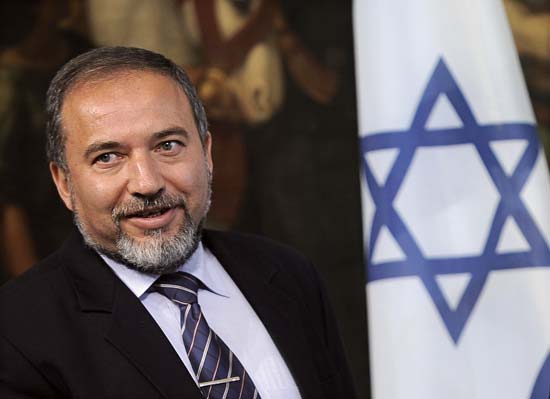CAIRO: Egypt’s five international airports have each dedicated a terminal for Umrah travelers returning from Saudi Arabia, as the high season for the lesser pilgrimage kicks off.
Umrah terminals at the international airports of Cairo, Alexandria, Assiut, Hurghada, Luxor and Aswan will be air conditioned and equipped with more quarantines and thermal scanners, CEO of the Egyptian Airports Company Medhat Hindawy said.
The Egyptian Airports Company said it will implement a series of precautionary measures against the spread of the H1N1 virus, commonly known as swine flu, in line with measures put forth by the Ministry of Health as well as the World Health Organization (WHO).
Pilgrims returning from Umrah will be required to fill out forms stating their place of residence and contact information in Egypt.
Umrah season usually starts in the lunar month of Ragab, with the peak period from the middle of Shaa’ban through the end of Ramadan, which this year corresponds to mid-August through the end of September.
Hindawy said that there will be additional measures taken during the Hajj season, which falls in November.
As the number of swine flu cases increases in Egypt, expected to reach thousands in the coming months, officials have been scrambling to implement precautionary measures against the spread of the global pandemic.
Ahead of the start of the academic year next month, the Ministry of Higher Education said it will cancel the Saturday holiday and decrease the number of students in classes by dividing students into several sections as well as extending class times until 8 pm.
The ministry decided to limit the number of students per section at universities to 250, while the average is around 1,000.
Minister of Higher Education Hani Helal said in a statement that public hospitals will have special quarantines to treat students who test positive for H1N1.
Helal tasked a special committee with monitoring the situation at universities.
Last week, Minister of Health Hatem El-Gabaly said no drastic precautionary measures will be taken against the spread of H1N1 in schools, indicating that the ministries of health and education will deal with the situation as it progresses.
The Ministry of Higher Education, however, has decided to implement precautionary measures in advance.
Governments worldwide are wary of Hajj and Umrah pilgrims returning from Saudi Arabia, due to the fact that it brings people from different nationalities close together in one place.
Arab health ministries met in Cairo last month and agreed to ban certain people including the elderly and young children from pilgrimage to Mecca in an effort to contain the spread of swine flu.
The strict measures include not granting travelers an international vaccine certificate unless they submit a document that says they are free of chronic diseases, which in Egypt is only granted at public hospitals, according to a health ministry official.
At time of press, the Ministry of Health had discovered 16 new swine flu cases in Egypt, bringing the total to 314, of which 219 have recovered.


